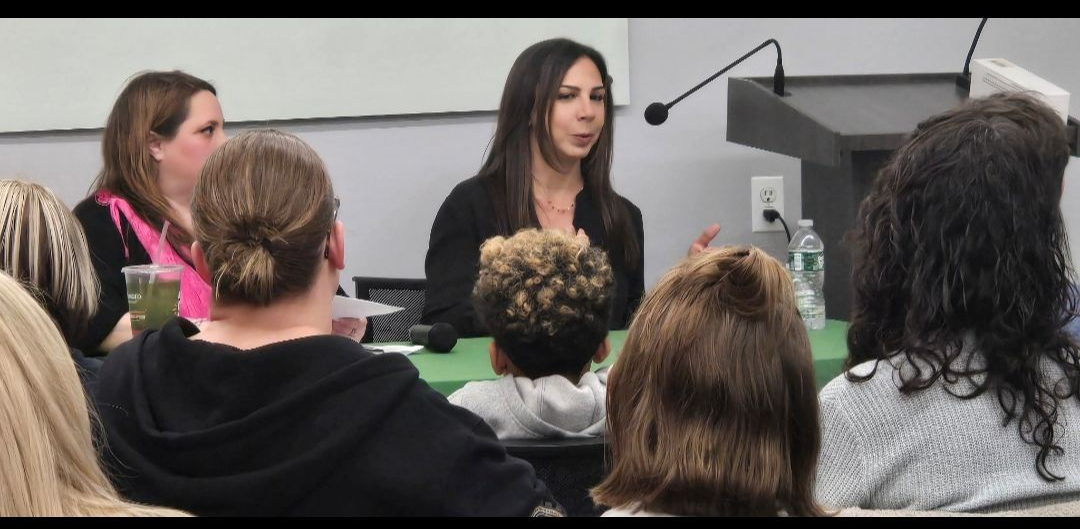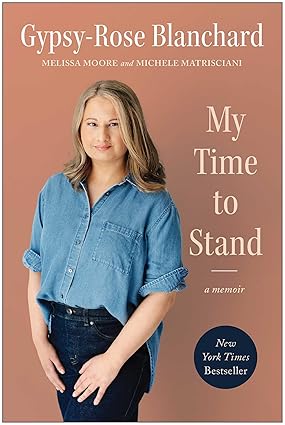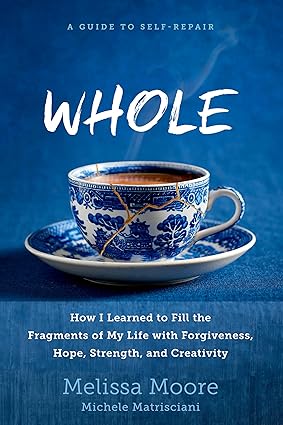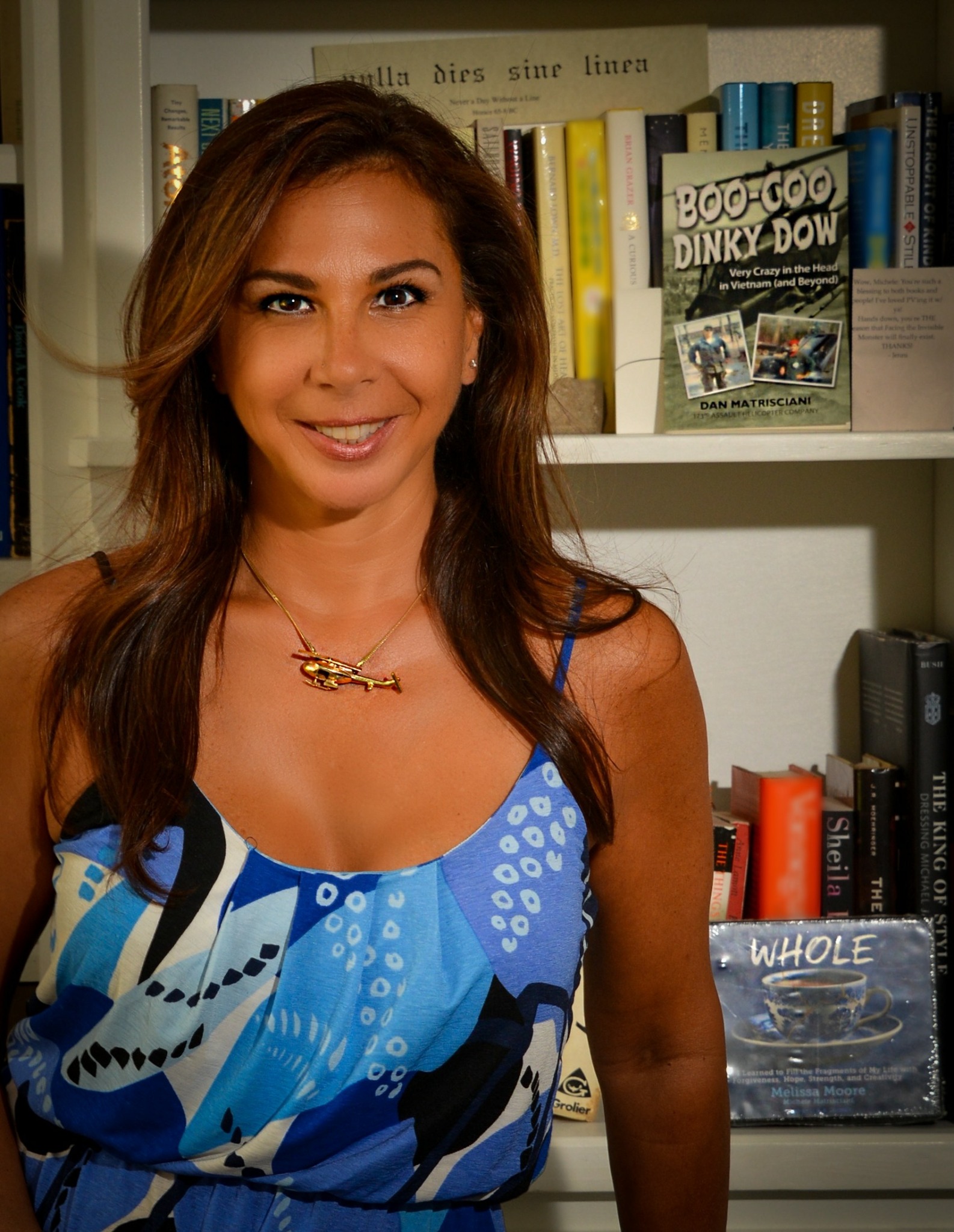Alright – so today we’ve got the honor of introducing you to Michele Matrisciani. We think you’ll enjoy our conversation, we’ve shared it below.
Michele, thanks for taking the time to share your stories with us today Earning a full time living from one’s creative career can be incredibly difficult. Have you been able to do so and if so, can you share some of the key parts of your journey and any important advice or lessons that might help creatives who haven’t been able to yet?
When I first decided to start my own business, I was skeptical that I’d be able to earn a full-time living as a freelancer, so I tested the waters by soliciting outside projects while continuing to work my full-time job as an acquisitions editor. I felt like this would minimize risk and keep me from taking on too many projects out of fear. I could be discerning of the types of books I’d collaborate on and be able to lean on my stable and consistent paychecks and benefits. This meant I worked evenings and every weekend on my freelance projects.
My network was vast at this point in my career. After fifteen years in-house, my connections ranged from former authors, literary agents, and colleagues who had gone on to higher positions at other publishing houses. I contacted all of them, letting them know I’d be available to assist them or their authors in a variety of ways–book proposal writing, developmental editing, ghostwriting, consulting, book doctoring, and query letters. Many of my colleagues at other houses called me for book doctoring, and my literary agent friends connected me with their prospective clients who needed help with book proposals. I also targeted small and boutique publishers who would refer me to their authors.
After six months, I had enough side work to convince me I could leave my full-time job. I kept the publisher as a close ally for future work.

Michele, love having you share your insights with us. Before we ask you more questions, maybe you can take a moment to introduce yourself to our readers who might have missed our earlier conversations?
The tagline for my business is Your Ideas Are My Passion. Helping people tell their stories, teach their skills, offer their solutions, share a big idea in book form has been something I’ve been doing since I was an editor at my college newspaper. How do we position the story with the right headline? Where do we place the story in order of priority? How do we tell the story in a way that keeps our students engaged? I didn’t realize it as a young journalism student, but these questions are integral to the acquisitions process in the book publishing industry. When I realized my interests were more in the decision-making process than the writing process, I asked my Features professor where I should pursue these interests. He immediately suggested I look for a position as an assistant at a trade book publishing house. The idea was to shape the list of the publisher, decide what books should be published and then make them shine with editing and packaging support.
Fast forward a few decades, now at my company Bookchic LLC, I collaborate with authors in all categories of nonfiction and in all phases of the publishing process. So much of ghostwriting is prewriting, strategy, and analysis. What is the hook of the book? How is it different or supplemental to the dialogue that already exists on the topic? Who is the author and why should anyone care? What is the best execution for the book? In memoir, we must dig for the deeper themes, the meaning and the message, and focus on an arc. We have to spend time thinking about the unique contribution the author is making and position and package it in a way that can get the attention of a literary agent, publisher, and the end reader. Frankly, the writing is the easy part, especially if you clarify all these things and more before you get started.
I’ve published my own books and earned my master’s in creative writing & literature. I never stop learning and offering knowledge to my clients. Because I’ve been on both sides of the desk as an acquisitions editor and an author, I have empathy and an arsenal of wisdom to help keep my clients motivated and effective in their approach. If I work on a certain project, it’s because I love the topic, connect with the author, and see the value the book can have in the world. I consider myself a shepherd of people’s work and voices.
We’d love to hear a story of resilience from your journey.
Publishing has experienced several disruptions since I began my career. There have always been moments where I needed to really look at the bigger picture. Amazon came onto the scene and there were many changes in house as a response to their growing power. Waves of layoffs, buyouts, mergers, the ability to self-publish, the emergence of digital media and on-demand access to entertainment all pushed me to not be complacent and comfortable in my job.

What’s worked well for you in terms of a source for new clients?
Referrals are about 90 percent of my business. Because I work with authors on highly personal material, there is a connection that builds over time, a trust in one another that goes well beyond a typical business relationship. Because of the personal nature of this business, it lends itself to word-of-mouth and repeat author relationships.
Contact Info:
- Website: https://michelem.net
- Linkedin: Michele Matrisciani

Image Credits
Author photo by Lara E. Hart


